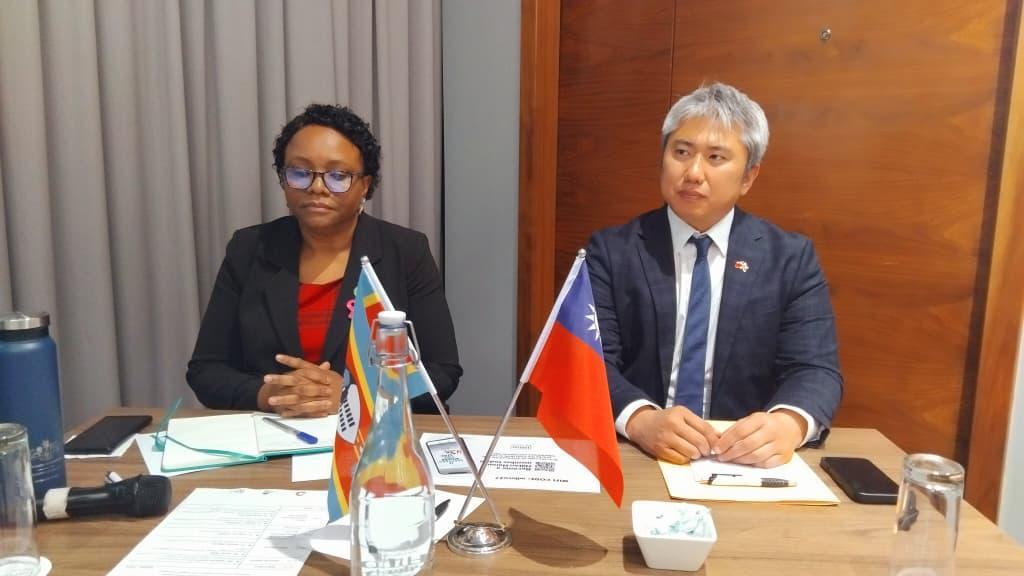Africa-Press – Eswatini. Fighting chronic diseases is never easy, but the Government of Eswatini, through the Ministry of Health, and the Government of Taiwan are making significant strides.
Their collaboration has led to noticeable improvements in diabetes and hypertension care, with more patients receiving follow-up treatment and communities benefiting from expanded screening programs.
These updates were shared by Amon Yang, Project Manager of the Taiwan Technical Mission in Eswatini, during the Taiwan-Eswatini Bilateral Seminar on Metabolic Disease Prevention and Control at Hilton Hotel on October 17, 2025.
Yang highlighted results from the ongoing “Project for Strengthening Metabolic Chronic Disease Prevention and Control Systems,” launched in 2024 with the Ministry of Health. “In our targeted regions, we have recorded a 28% increase in hypertension care services and a 36% rise in diabetes care services,” he said. “Over 60% of patients living with both conditions return for follow-up visits within three months, and 80% of high-risk individuals identified during community screenings are referred for further care.”
Highlighting the urgency of the issue, Yang also quoted Prime Minister Russell Mmiso Dlamini: “Eswatini should seriously consider recognizing non-communicable diseases as a national emergency. These diseases threaten the health of our people and the sustainability of our healthcare system.”
The seminar brought together medical professionals from Eswatini and Taiwan to discuss strategies for improving NCD prevention and management. Yang emphasized that these numbers reflect more than just statistics. “Each percentage point represents lives touched, patients receiving better care, and communities empowered to take control of their health,” he said.
Specialists from National Taiwan University Hospital Hsinchu Branch and Eswatini doctors shared clinical experiences, reinforcing the importance of collaboration. “Professional exchange is not only about sharing knowledge but also about strengthening the friendship and partnership between our countries,” Yang added.
The project targets the Hhohho and Manzini regions, focusing on improving healthcare delivery while raising community awareness through outreach and screening programs. By emphasizing early detection and follow-up care, both governments aim to reduce the burden of chronic diseases on the national healthcare system and improve population health outcomes.
Yang concluded the seminar by thanking all partners and stakeholders, urging continued cooperation. “These percentages are just the beginning. Together, we can keep improving healthcare services and build healthier futures for all,” he said.
The event was attended by senior Ministry of Health officials, leading medical professionals from both countries, and local media, marking a measurable step forward in Eswatini’s fight against diabetes and hypertension.
For More News And Analysis About Eswatini Follow Africa-Press







